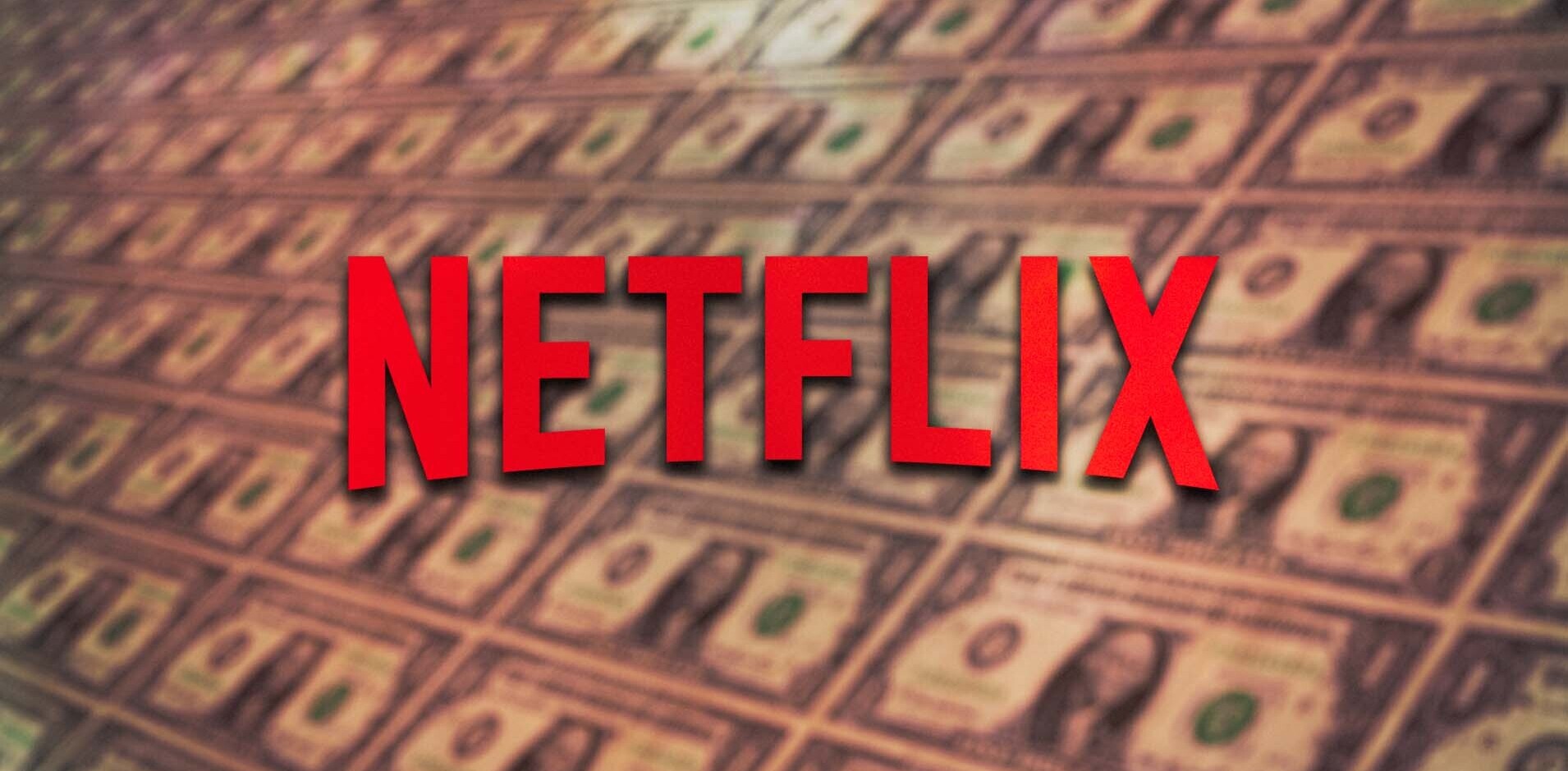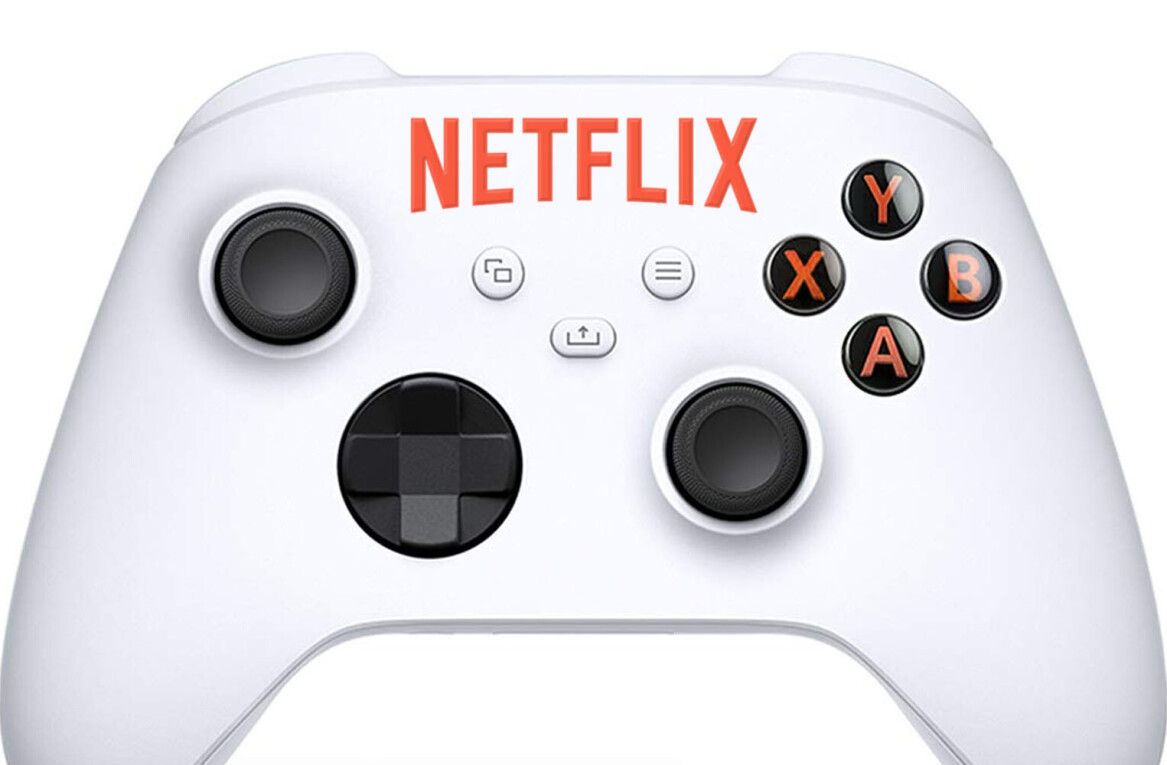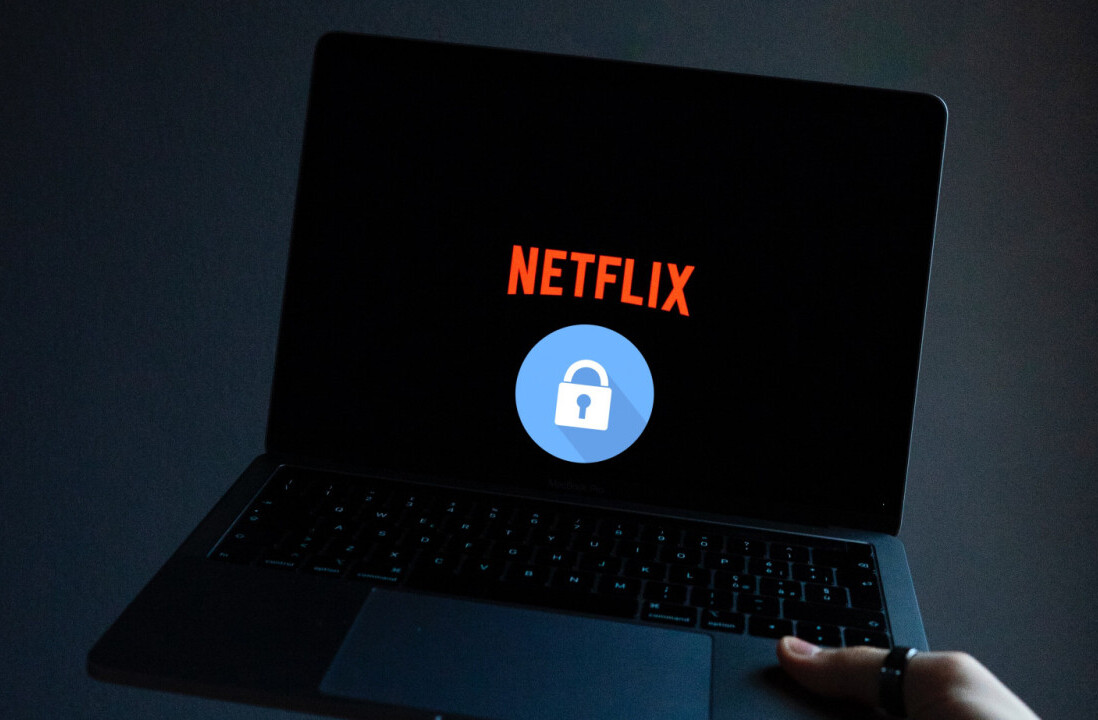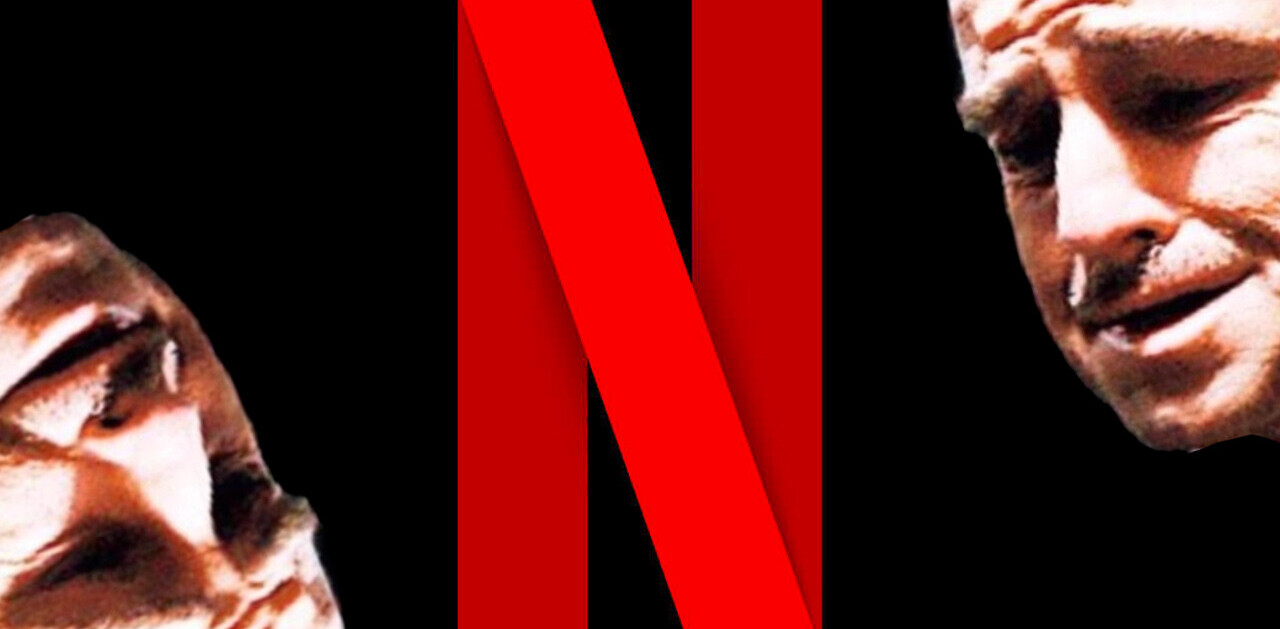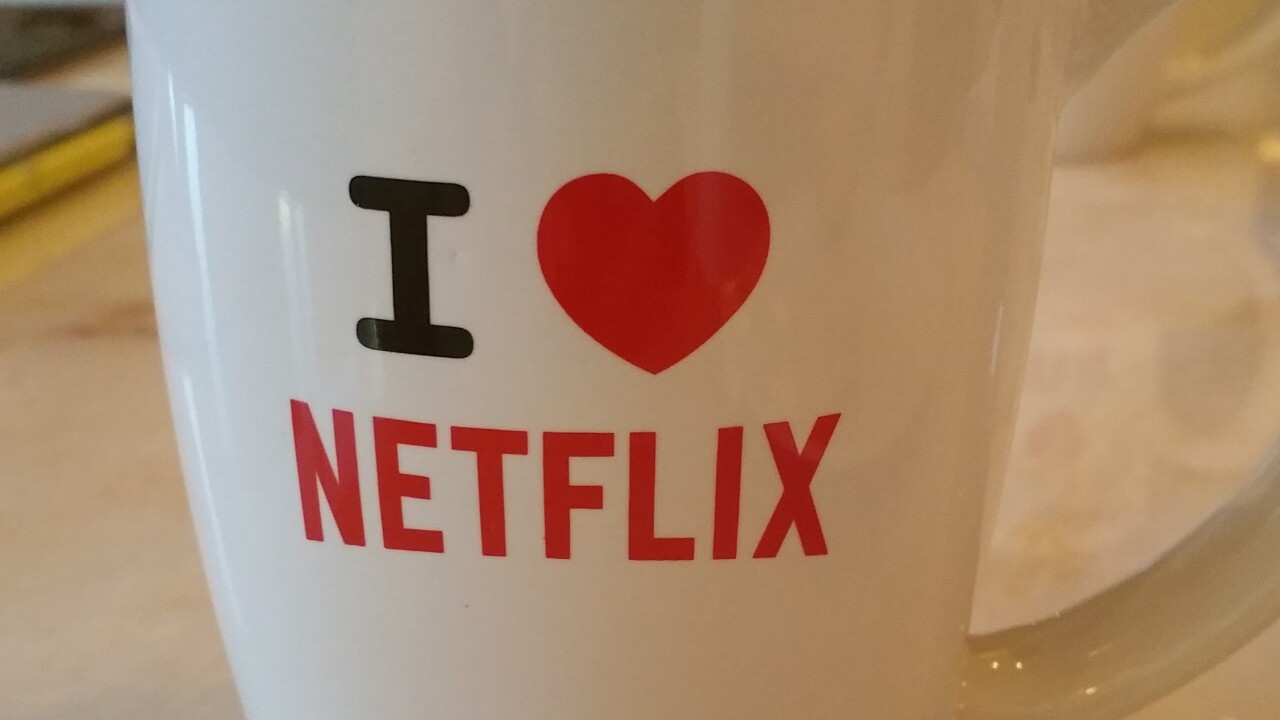
Netflix recently cancelled two big-name original shows, The Get Down and Sense8, without any sort of proper conclusion. That sucks, and I think Netflix can do better.
As a viewer, Netflix always seemed like the platform where showmakers could escape the constraints traditional TV networks – somewhere they could dare to be a little more adventurous. Netflix famously chooses not to release viewership data, which – though perhaps a bit naive – gave me the impression the service cared a bit more about merit and fan following than your average TV network.
It didn’t seem to matter if everyone was watching a show – only that somebody cared about it, especially if it was half decent. Now, I’m not so sure.

The cancellations are all the more puzzling because, on the whole, Netflix has axed few of its myriad of original shows. Before the most recent two, that list only included Marco Polo, Hemlock Grove, Longmire, Lilyhammer, and Richie Rich, as far as I can tell.
Most of those shows weren’t all that popular, but The Get Down and Sense8 had both strong cult followings and solid critical response, so their cancellations came as a surprise.
Of course, I don’t know exactly what’s going on behind the scenes. And I realize these were some of Netflix’s most expensive shows, each with their share of production complications. But it would be easier to give Netflix the benefit of the doubt had it not been for CEO Reed Hasting’s most recent comments in an interview with CNBC:
Our hit ratio is way too high right now, so we’ve cancelled very few shows…. So I’m always pushing the content team, we have to take more risk. You have to try more crazy things, because we should have a higher cancel rate overall.
In other words, don’t be surprised if Netflix begins cancelling more shows. Netflix implies it wants to innovate by take bigger risks, but cancelling two of its most unique (not to mention socially inclusive) shows without explanation sounds a lot more like something your boring old cable network would do.

Don’t get me wrong; I know Netflix has done much to usher in this Golden Era of television, and I certainly don’t want it to keep every show alive forever. Goodness knows it’s already hard enough to pick something to watch without mediocre shows like Fuller House cluttering up my feed. Heck, I’d be happy if Netflix were more selective about the projects it greenlights in the first place.
I just wish it took advantage of its position to rethink the way the way TV shows are cancelled.
As one redditor suggested, Netflix has a unique opportunity to ensure most of their original shows are given a proper finale. It’s an on-demand streaming service, not a live TV network with a finite number of time slots. Even though it would cost some extra money, a proper ending on Netflix wouldn’t be wasting limited airtime.
More importantly, a wrap-up season (like Bloodline is getting) – or even just an extra episode or two – could help assure long-term returns. It would ensure these series end as complete package, rather than unfinished shows doomed to be forgotten in the ether.
I mean, I’d certainly be much more likely to binge through a show that terminated if I knew it had a proper finale. But as it stands, I wouldn’t want to start Sense8 knowing I will never see how it was supposed to end. I already had my heart broken by Firefly.
And yeah, maybe I’m underestimating the logistics of creating a proper finale. But the salt in the wound is that with traditional TV networks, at least you can look up the ratings and get a rough idea of how likely a show is to be cancelled. IF there’s low viewership, devoted fans can try to drum up support to try to save it from the financial guillotine.
With Netflix, you’ll never see it coming.
If Netflix is going to start cancelling more shows, the least it can do is share the data so audience have some fair warning – but here’s hoping it takes a chance on giving more shows a proper conclusion too.
Get the TNW newsletter
Get the most important tech news in your inbox each week.
